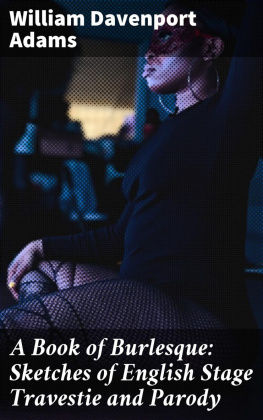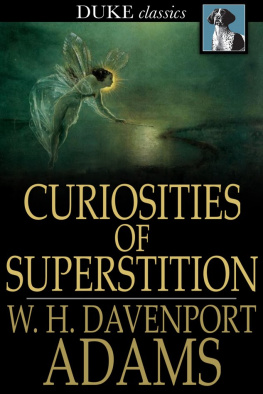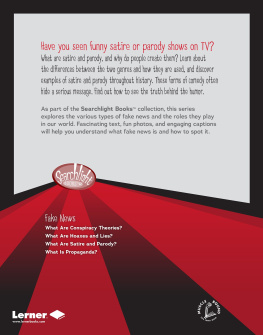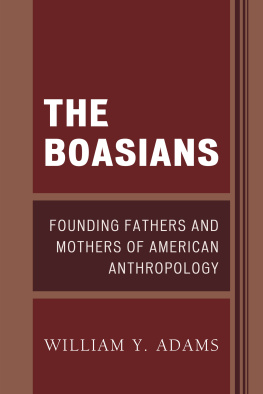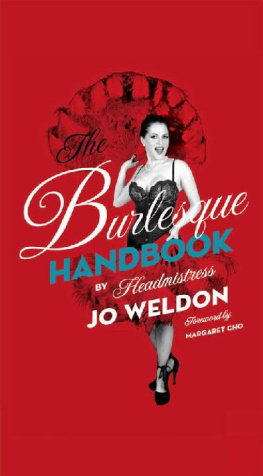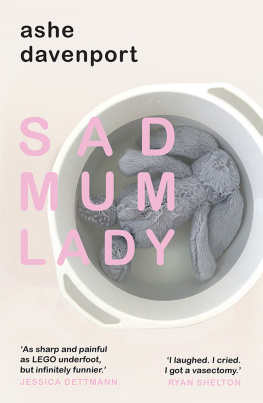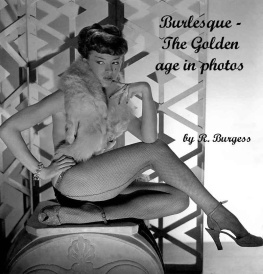PREFACE.
Table of Contents
In the pages that follow, I make no attempt to supply a consecutive and comprehensive history of English stage travestie. This would have been impossible within the limits assigned to me. My object has been simply to furnish an introduction to such a history, supplemented by sketches of the various groups into which English stage burlesques naturally fall, with such extracts as might serve to exhibit the respective methods of individual travestie-writers. My business has been with the literary rather than the histrionic side of burlesquewith the witty and humorous, rather than the purely theatrical, features of the subject with which I had to deal. At the same time, I hope that the details I have been able to give concerning dates, and "casts," and so on, may be useful to at least a large section of my readers.
I ought to say that, while I have endeavoured to mention all the most representative burlesques of which our stage history keeps record, I have intentionally left outside of my scheme all "extravaganzas," "bouffoneries musicales," and other such miscellaneous varieties of comic literatureconfining myself to definite and deliberate travesties of subjects previously existent.
I have to thank more than one kind friend for information and material supplied, and more than one living writer of burlesque for the opportunity of consulting his "prompt books" and thus quoting from unpublished work.
Davenport Adams, jun.
Note. Those who desire to extend their acquaintance with the literature of English stage burlesque may be recommended to turn first to the travesties published by Mr. French, which include those by Planch, and many by the Broughs, H. J. Byron, Talfourd, F. C. Burnand, etc. Mr. Gilbert's "Rosencrantz and Guildenstern" is to be found in his volume entitled "Foggerty's Fairy, and Other Stories." A large proportion of the burlesques discussed, quoted, or mentioned in the following chapters are out of print, and to be seen only at the British Museum, on the second-hand bookstalls, or on the shelves of private collectors.
[We beg to acknowledge the courtesy of MM. Walry, Limited, in permitting us to avail ourselves of their photographs of Messrs. Burnand and Gilbert; and of Mr. Bassano for the same permission in regard to that of Mr. G. R. Sims. Ed. W. L.]
I.
Table of Contents
THE BEGINNINGS OF BURLESQUE.
Who shall say when the spirit of burlesque first made its appearance on our stage? There were traces of it, we may be sure, in the Mysteries and Moralities of pre-Elizabethan days; the monkish dramatists were not devoid of humour, and the first lay playwrights had a rough sense of ridicule. The "Vice" which figured in so many of our rude old dramas had in him an element of satire, and the pictures drawn of his Satanic Majesty were conscious or unconscious caricatures of the popular conception of the Evil One.
In all these cases, however, the burlesque was general. It was of the nature of travestie, and of the vaguest sort. Of particular parody one finds but few signs in the Elizabethan drama. There is a little of it in Shakespeare, where he pokes fun at the turgidity of contemporary tragedy or at the obscurity of contemporary Euphuism. The Pyramus and Thisbe episode is less burlesque than satire. It is an expos of the absurdities of the amateur performer, for whom Shakespeare, as a professional actor, could have only an amused contempt.
"The Bard" parodied, but he did not burlesque. That was left to the initiative of the gifted literary Dioscuri, Beaumont and Fletcher. "The Knight of the Burning Pestle," which saw the light in 1611, is not wholly a travestie, but it contains a travestie within itself. In the main it is a dramatic exposition of a love story, the scene of which is laid in the middle-class life of the time. Ralph, the Knight of the Burning Pestle, is by no means the hero of the tale; rather is he an excrescence upon it. A grocer and his wife sit on the stage, and suggest to the actors that Ralph, their apprentice, shall take part in the performance. They want a play in which a grocer shall do "admirable things," and Ralph is bound to do them. The apprentice, it would seem, is an amateur actorhe "hath played before," and so finds no difficulty in adapting himself to the situation. When he enters, it is "like a grocer in his shop, with two prentices, reading 'Palmerin of England.'" This gives us the key to the satire. Ralph is to burlesque the romances of chivalry, which were then so common in England, as elsewhere. "Palmerin of England" had been "translated out of French" by Anthony Munday and assistants, and published between 1580 and 1602. Ralph starts with a quotation from it, and then goes on to say:
Certainly those knights are much to be commended who, neglecting their possessions, wander with a squire and a dwarf through the deserts to relieve poor ladies. There are no such courteous and fair well-spoken knights in this age.
He whom Palmerin would have called "Fair Sir," and she whom Rosiclear would have called "Right beauteous Damsel," are now spoken of opprobriously. But why should not Ralph be the means of wiping out this reproach?
Why should I not pursue this course, both for the credit of myself and our company? For amongst all the worthy books of achievements, I do not call to mind that I yet read of a grocer-errant: I will be the said knight. Have you heard of any that hath wandered unfurnished of his squire and dwarf? Thy elder prentice Tim shall be my trusty squire, and little George my dwarf. Hence, my blue apron! Yet, in remembrance of my former trade, upon my shield shall be portrayed a burning pestle, and I will be called the Knight of the Burning Pestle. My beloved squire, and George my dwarf, I charge you that henceforth you never call me by any other name but "the right courteous and valiant Knight of the Burning Pestle"; and that you never call any female by the name of a woman or wench, but "fair lady," if she have her desires; if not, "distressed damsel"; that you call all forests and heaths "deserts," and all horses "palfreys."
After this, Ralph reappears at various points in the action. He interposes, Quixote-like, in the aforesaid love-affair, and gets belaboured by the favoured lover for his pains. Later, he puts up at an inn, and, about to leave, is surprised when the tapster draws his attention to the fact that the reckoning is not paid:
Ralph. Right courteous Knight, who for the order's sake
Which thou hast ta'en, hang'st out the holy Bell,
As I this flaming pestle bear about,
We render thanks to your puissant self,
Your beauteous lady, and your gentle squires,
For thus refreshing of our wearied limbs,
Stiffen'd with hard achievements in wild desert.
Tapster. Sir, there is twelve shillings to pay.
Ralph. Thou merry squire Tapstero, thanks to thee
For comforting our souls with double jug:
And if adventurous fortune prick thee forth,
Thou jovial squire, to follow feats of arms,
Take heed thou tender ev'ry lady's cause,
Ev'ry true knight, and ev'ry damsel fair,
But spill the blood of treacherous Saracens,
And false enchanters that with magic spells

